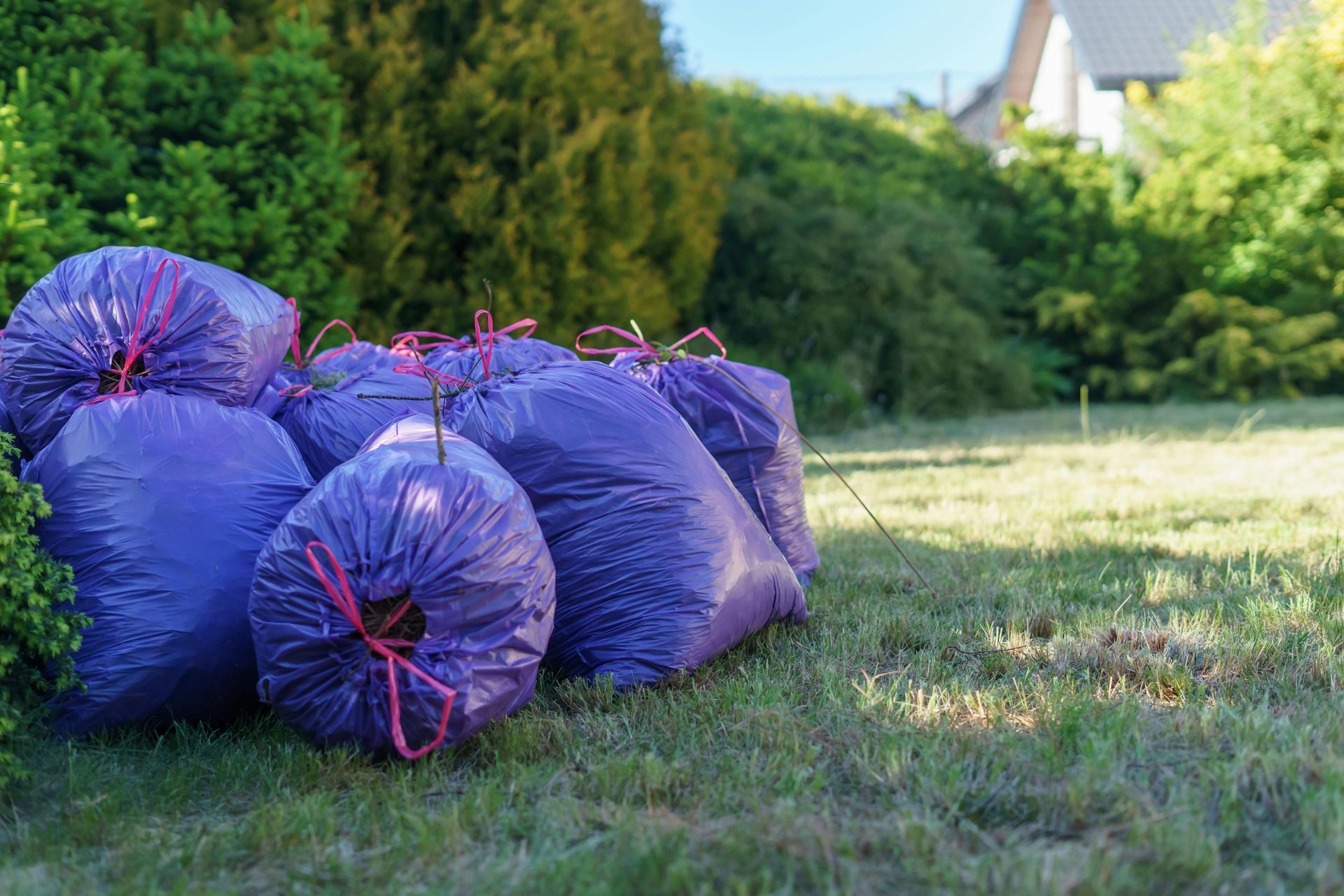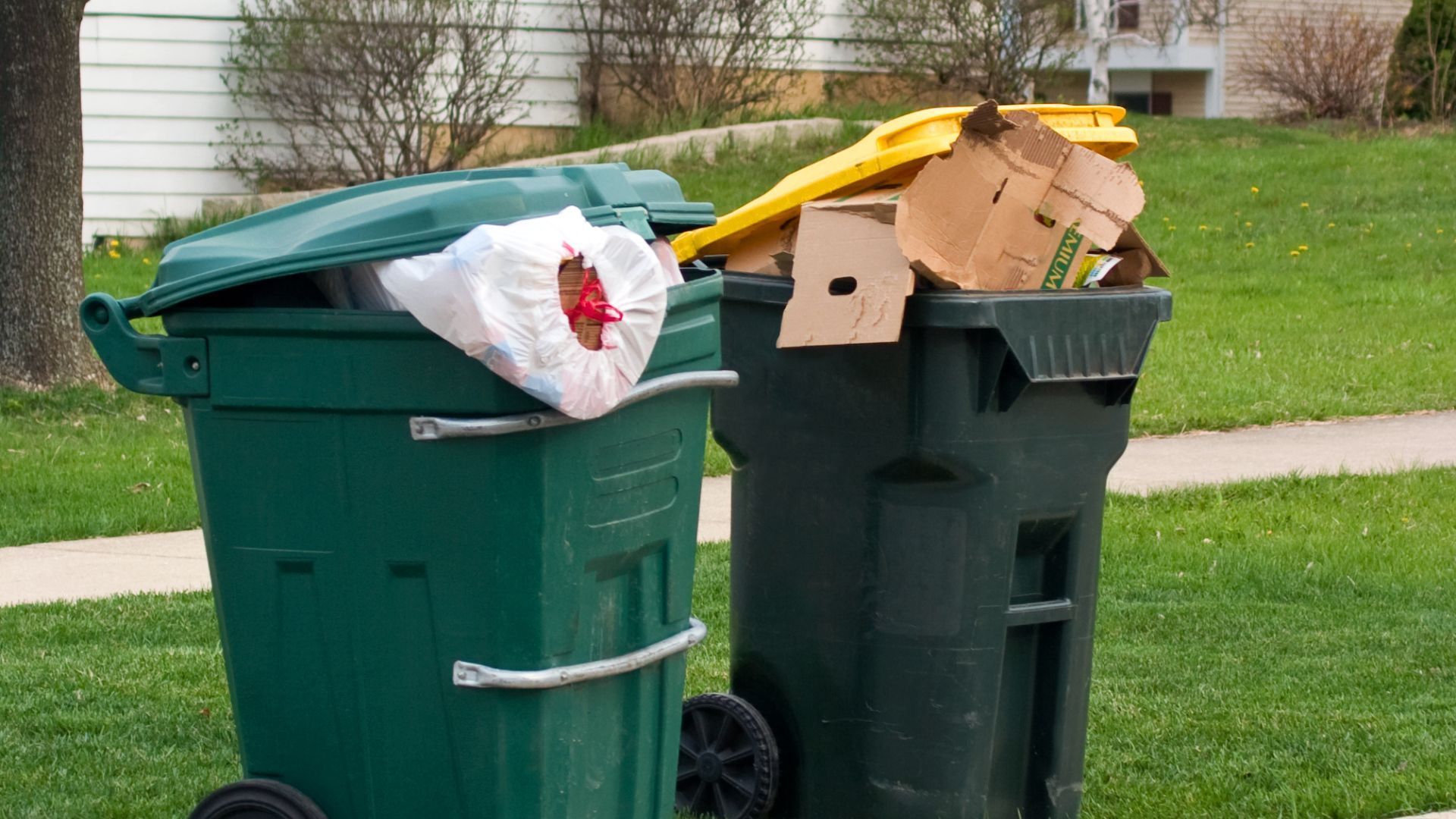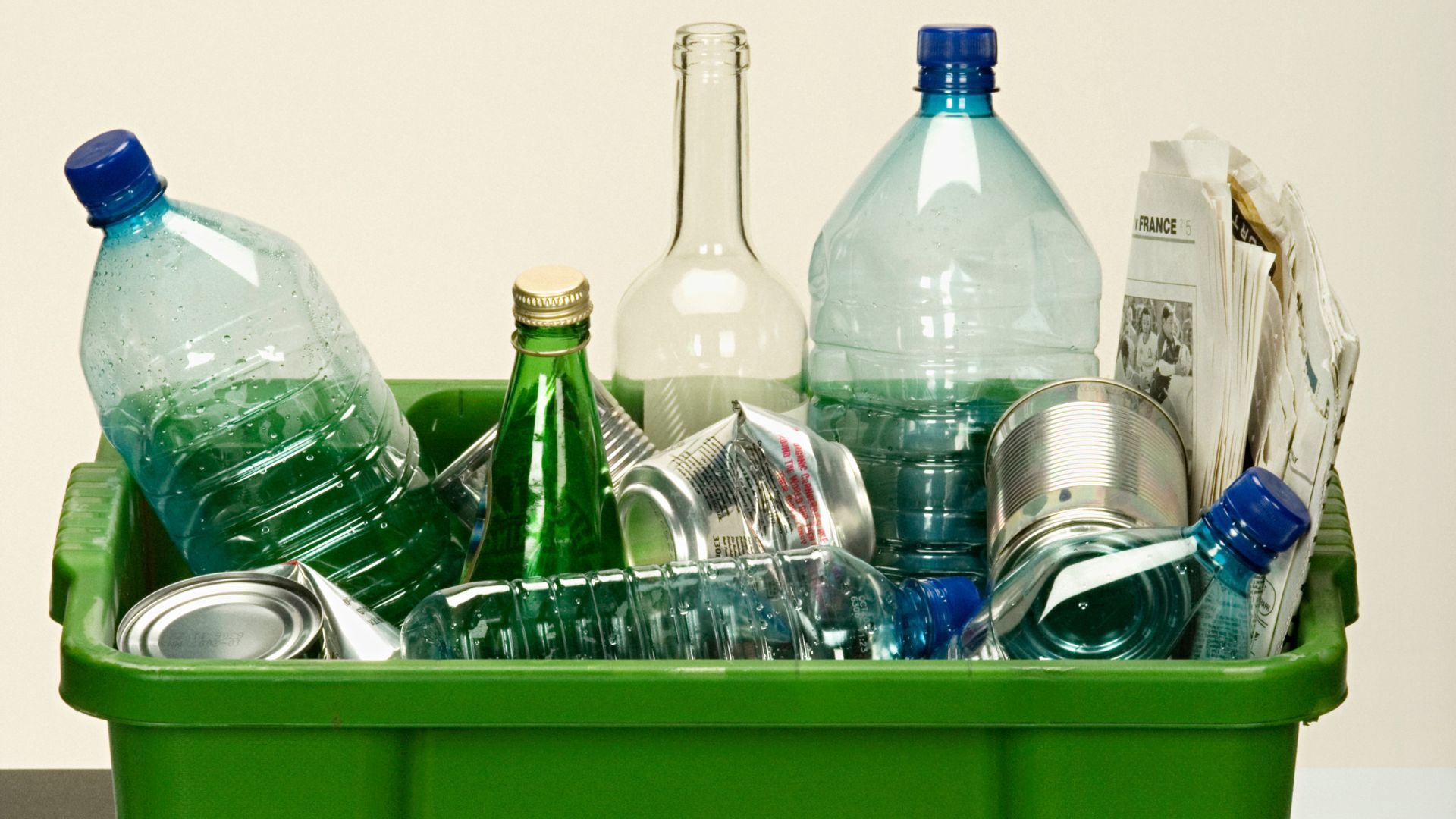Eco Tips for Yard Waste Removal Augusta Homeowners
Living in Augusta, GA, means enjoying mild winters, warm springs, and vibrant summers—all perfect conditions for lively lawns and lush gardens. But alongside that beauty comes the inevitable reality of yard waste: fallen leaves in autumn, grass clippings in spring, and storm debris at other times of the year. While these remnants of natural growth might feel like a nuisance, they also present a golden opportunity for homeowners to adopt environmentally responsible disposal practices. In this guide, tailored specifically for Augusta residents, we’ll explore smart, creative, and eco‑friendly strategies for managing yard waste—practices designed to protect local ecosystems, support soil health, and even save money. Let’s dig in, one green tip at a time.
Embrace Composting as a Local Powerhouse
Augusta homeowners can transform yard debris into rich compost, an organic material that returns nutrients to the soil, reduces landfill burden, and fosters healthier plant life. By collecting grass clippings, leaves, small twigs, and other plant materials in a backyard compost bin or pile, you create a nourishing blend for your garden beds and lawn. The key is maintaining a balanced mix: “green” nitrogen‑rich items like vegetable scraps and fresh grass, plus “brown” carbon sources like dried leaves or cardboard. Turn the pile regularly to aerate it, hold a proper moisture level—damp, not soggy—and patch in new materials wisely. The end result? Dark, crumbly compost that both soil biologists and your begonias will adore.
Shred Leaves and Clippings for Faster Decomposition
Among Augusta’s many eco‑tips, one often overlooked method is shredding yard debris before composting. Running lawn clippings through a mulching mower or breaking apart dry leaves helps speed breakdown and reduce unwanted bulk. Not only does this allow the compost heap to heat up faster (boosting microbial activity), but it also yields a finer, more uniform final product. You may only need a few passes with a mulching mower to do the trick, yet the payoff—boosted decay and less noticeable compost—is well worth it.

Grasscycle to Nourish Your Lawn
You’ve mowed; now what? Here’s where grasscycling comes into play for Augusta homeowners: leaving finely chopped grass clippings right on your lawn. This eco-conscious practice feeds nitrogen back into the soil, reduces dependency on synthetic fertilizers, and keeps clippings out of the trash. In Augusta’s warm, fast-growing climate, simply mow when the grass is dry, avoid cutting more than a third of the blade height at once, and make multiple passes if needed. Sprinkling those healthy clippings across your yard gives you a mini-dose of organic nourishment every few weeks—no bagging required.
Designate Seasonal Clean‑Up Cycles
Augusta homeowners fall into repeating cycles: spring growth, summer storms, autumnal leaf drop. Embracing these seasonal patterns lets you plan your yard waste management proactively. In spring, focus on grasscycling and trimming overgrown areas. When summer heat yields heavy clippings, consider routine hope‑for‑light rain times to mulch. Autumn calls for repeated leaf shredding or bagging. And winter? Ideal for pruning dormant plants and gathering structural debris. By spreading chores across the year, you avoid last‑minute crams and lessen the carbon footprint tied to larger, inefficient clean‑ups.
Reuse Prunings in Place in Augusta—Create Cozy Habitat Piles
Instead of hauling away every twig or branch, Augusta homeowners can embrace a more sustainable approach by crafting micro‑habitats right in their own gardens. Loosely stack small branches—less than 3 inches in diameter—in a quiet corner of your Augusta yard to create a safe haven for native insects, amphibians, and lizards. These simple habitat piles encourage biodiversity and support natural pest control, reducing the need for chemical interventions. As the pile gradually decomposes, it enriches the soil organically—no hauling, no incineration, just an eco‑friendly solution rooted in Augusta’s own backyard.
Use Local Drop‑Off or Free Mulch Events
In many neighborhoods around Augusta, community events collect leaves and plant material for communal composting, wood‑chip processing, or public gardening. Submitting your yard waste to these local programs lets it be reused across parks, trails, or other green spaces. The result? Reduced landfill weight and greener community grounds. Check with your local waste management or city parks department for scheduled drop‑offs or free mulch days. It’s a win‑win for everyone involved.
Consider Renting a Yard‑Waste Tub in Augusta
Instead of tossing yard debris into standard trash bins, Augusta homeowners can rent a location-specific yard-waste container through a local disposal service. These tubs are designed differently from regular trash bins, allowing for the easy drop-off and removal of biodegradable matter. Once filled, the materials are transported to composting or chipping facilities right here in the Augusta area. This method not only boosts efficiency but also ensures that plant waste doesn't clog up recycling equipment or end up in landfills unnecessarily.
Track Yard Waste by Volume in Augusta to Stay Green‑Mindful
To effectively reduce yard waste in Augusta, homeowners should begin by tracking how much is generated each season. If you consistently notice overages—say fifty percent more leaves or double the typical clippings—it might be time to rethink your landscape strategy. Consider planting fewer turfgrass zones or replacing them with low-maintenance groundcovers like clover or native fescues, which thrive in Augusta’s climate and require less mowing. Alternatively, expand your composting efforts with additional bins to handle the surplus. In Augusta, awareness of your own yard’s output is a vital first step toward sustainability.
Mulch with Native Bark and Leaves in Augusta
Shredded bark or finely chopped leaves from native trees—such as oak, maple, or holly—make excellent organic mulch for Augusta gardens. Spread a 2–3-inch layer around flower beds, shrubs, or the base of trees to suppress weeds and retain moisture, especially during Augusta’s hot, dry summers. As the mulch decomposes, it enriches the soil with nutrients. Whether you apply it during a spring cleanup or after shredding leaves in fall, this method keeps your yard healthy and reduces the volume of waste that would otherwise need to be removed.
Strategic Pruning to Reduce Yard Waste in Augusta
If your Augusta yard regularly produces large branches and other pruning debris, adopting a more strategic approach can help. By hiring a certified arborist or learning proper techniques yourself, you can minimize unnecessary cuts while maintaining your trees’ structural health. Perform major trims during dormancy to limit green waste production, and always cut cleanly at the branch collar. In Augusta’s urban and suburban neighborhoods, smart pruning reduces overall yard waste, lowers disposal costs, and keeps your landscape resilient year-round.
Introduce Rain Gardens in Augusta to Repurpose Runoff
In Augusta, yard cleanup isn’t just about leaves and clippings—it also includes managing rainwater runoff and the debris it carries. Installing a rain garden in a natural low spot on your property can intercept stormwater, slow runoff, and trap sediment and nutrients before they wash away. Fill these gardens with Augusta-friendly native plants like swamp milkweed, cardinal flower, or sedge. They not only add beauty to your yard but also filter water for reuse by your garden, creating a closed-loop system that saves water and reduces erosion.
Collaborate with Neighbors in Augusta for Bulk Yard Waste Pickup
When your neighbors in Augusta are also handling seasonal yard work, teaming up for a bulk pickup can make a big difference. Pool your yard debris into a shared pile and rent a larger container together. This cooperative approach is more cost-effective and reduces vehicle emissions associated with multiple pickups. Whether you're trimming hedges or removing storm debris, combining efforts with other Augusta residents can drastically cut down on the overall environmental footprint per household.
Take Advantage of Leaf‑Vac and Chipper Services
Yard‑care professionals in Augusta often offer leaf vacuuming or wood‑chipping services. Instead of using fuel‑powered blowers or hauling debris yourself, you might have an expert run fallen leaves through a chipper and blow the mulch right where it’s needed—on garden beds, pathways, or around tree trunks. That saves both labor and gas, and the result blends right back into your landscape.
Preserve Ecosystem Health in Augusta by Keeping Debris Out of Waterways
In Augusta, yard debris carried by rain can quickly become a problem—clogging storm drains, polluting local streams, and sending sediment into the Savannah River. To protect these vital waterways, avoid sweeping leaves into gutters or dumping clippings near curbs where they’re likely to be washed away. Instead, channel yard waste into compost bins or vegetative buffers that line your property. These simple adjustments help prevent flooding, protect fish habitats, and preserve the overall health of Augusta’s watershed.
Partner with Augusta Community Gardens or Local Farms
Rather than stuffing your yard debris into plastic bags destined for the landfill, consider reaching out to community gardens, urban farms, or school horticulture programs around Augusta. Many of these local green spaces are happy to accept organic material for composting or mulching. By donating what you might otherwise discard, you contribute to regenerative agriculture, support local food systems, and help turn Augusta’s residential waste into thriving produce plots—cultivating both community and sustainability.
Conclusion
Adopting eco‑friendly yard waste removal practices in Augusta, GA, isn’t reserved for seasonal showmanship—it’s a lifestyle. From composting and grasscycling to habitat piles, rain gardens, and neighborly bulk pickups, these strategies weave sustainability into suburban life. They reduce landfill loads, fertilize your soil, conserve water, and even cultivate community. When you let suburban yards become active participants in ecological cycles, you not only nurture your own property—it’s a gift to wildlife, waterways, and your neighbors.
When you're ready to take the next step in yard‑waste stewardship—whether that means renting a yard‑waste tub or arranging eco‑friendly pickup—trust Hinkins Disposal, located in Augusta, GA. Call (706) 885‑4032 or email Hinkinsdisposal@gmail.com to schedule service designed specifically with your environmental vision in mind.




